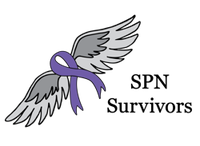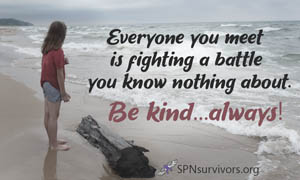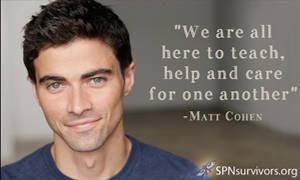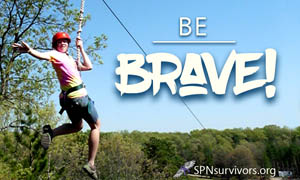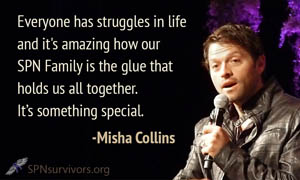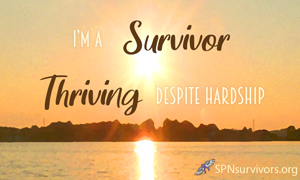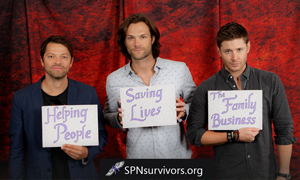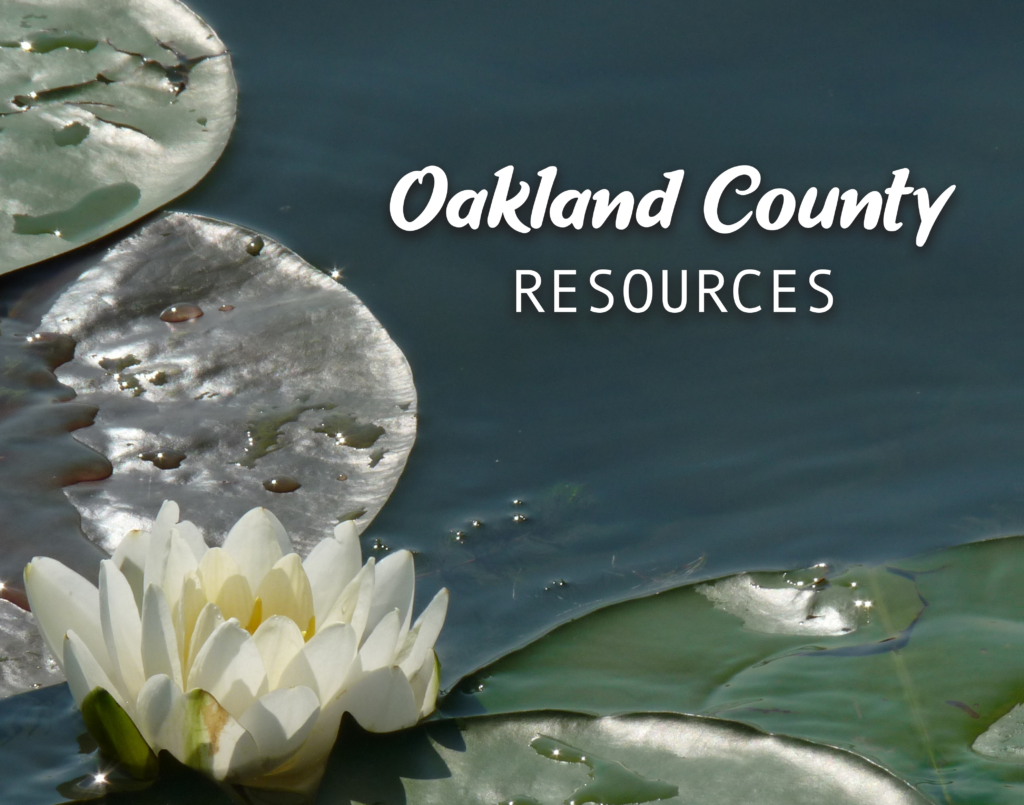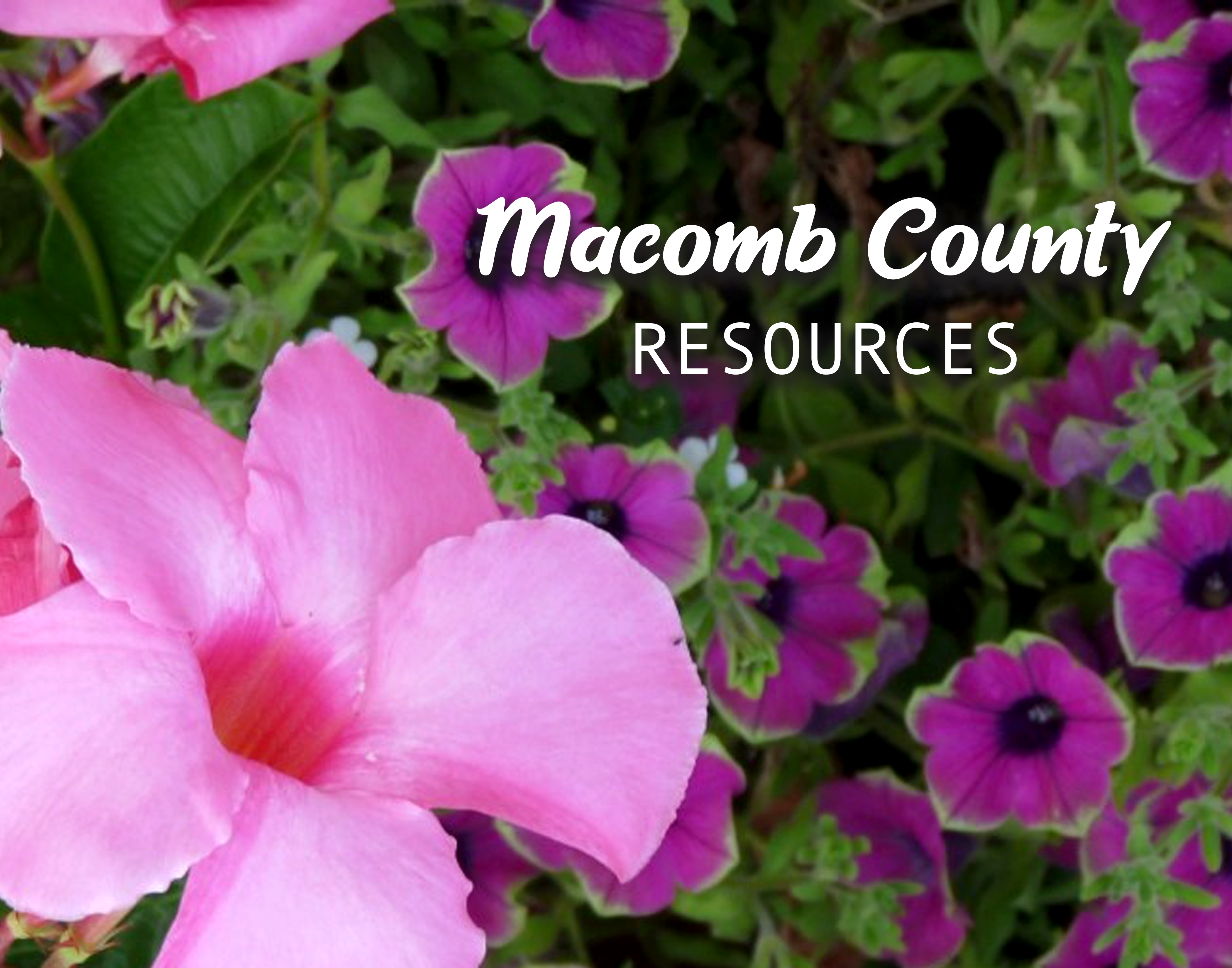Michigan Mental Health Resources
Support for your Mental Health
Many organizations exist to help you #TakeCareofYou
Michigan Dept of Health and Human Services: Mental health services are coordinated through local Community Mental Health Services Programs (CMHSPs). See county map for contact information.
- Mental Health Warm Line: Connects people with wellness supports and a listening ear from Certified Peer Support Specialists who have lived experience with mental health challenges. Call 888-PEER-753 (888-733-7753) 10am to 2am.
- Crisis Text Line: 24/7 support helping people move from a hot moment to a cool calm, text RESTORE to 741741
- Disaster Distress Helpline: Available 24/7 for those in distress pertaining to the impact of COVID-19 or any natural or human-caused disaster. Call 800-985-5990 or text TALKWITHUS to 66746
- Headspace for Michiganders: FREE mindfulness activities to help you stress less, move more, sleep more soundly and improve your everyday life.
Michigan Tri-County Trauma Recovery Network: A team of EMDR trained clinicians, who volunteer and effectively respond to trauma and provide mental health support in times of crisis, are offering up to 10 virtual EMDR and crisis counseling sessions (free of charge) to first responders. Contact Dr Miriam Engstrom at 313-690-2468 for more info.
University of Michigan
- Depression Center provides patient care in partnership with the U-M Dept of Psychiatry and Michigan Medicine. as well as, education, outreach and research.
- Psychiatric Emergency Services (PES) provides emergency/urgent walk-in evaluation and crisis phone services 24/7 for people of all ages who are patients of Michigan Medicine. 734-936-5900
- Child/Adolescent and Adult Inpatient Psychiatry
- Depression Toolkit provides information, tools, support, and resources to guide you through your mental health journey.
- TRAILS (Transforming Research into Action to Improve the Lives of Students) brings effective mental health care to students with symptoms of depression and anxiety throughout Michigan.
- Peer-to-Peer Program educates middle and high school students about depressive illnesses, and encourages help-seeking behavior which increases early detection of mental disorders.
National Alliance on Mental Illness (NAMI) Michigan: Peer led programs and support groups across Michigan provide free education, skills training and support to help build better lives for all those affected by mental illness. NAMI HelpLine: 800-950-6264
Mental Health Foundation of West Michigan: Educates schools, businesses and communities to recognize and support the mental, emotional, and behavioral health of all individuals through their be.nice program.
United Way’s 211: Call, text or chat with your local 211 to find resources and assistance with crisis support for abuse, sexual assault, bullying and suicidal thoughts, as well as, employment, health care and housing.
Support for our Veterans
Thank you for your sacrifice and service!
Michigan Veterans Affairs Agency: Connecting Veterans to Benefits and Resources, including mental health.
- Vet Centers provide counseling, outreach and referral services to combat veterans and their families. Vet Centers are located in Detroit, Dearborn, Pontiac, Clinton Township, Saginaw, Grand Rapids, Traverse City and Escanaba.
- Vet Center 24 hr Hotline: Vets can talk about their combat experience or any other issue as they readjust to civilian life. 877-WAR-VETS (877-927-8387)

Support after a Suicide Loss
You are not alone
Find a support group near you: Simply enter your zip code to find peer-to-peer support as you grieve the loss of a loved one. Virtual support groups may also be available.
Find a therapist: Because suicide is such a devastating loss we encourage you to find a counselor who specializes in complicated grief or trauma.
Alliance of Hope: Provides online support to help survivors understand the complex emotional aftermath of suicide, as well as, services to help survivors move through each step of the healing journey.
Suicide Prevention
Michigan Assoc for Suicide Prevention 2019 State Suicide Prevention Plan
American Foundation for Suicide Prevention (AFSP) Michigan Chapter: Focuses on eliminating the loss of life from suicide by delivering prevention programs, educating the public, raising funds for suicide research and programs, and reaching out to those who have lost someone to suicide.
Barb Smith Suicide Resource & Response Network: Works to prevent suicide through education and resources, and support those impacted by suicide throughout the Great Lakes Bay Region and beyond.
Kevin’s Song: Creates public awareness about the causes of suicide, its prevalence in our society and possible preventive measures, and seeks to offer knowledge, hope and healing to individuals, families and communities touched by suicide.
Know Resolve: Breaks down the silence, shame and stigma surrounding mental health disorders through community outreach, suicide prevention programs for schools (Macomb, Oakland County), a suicide loss support group and after school youth programming at The SHED teen center in Shelby Township.
Six Feet Over/Suck It Suicide: Enables Michigan communities to prevent, intervene, and heal from suicide thus improving our public health for current and future generations.
With One Voice: Seeks a more unified voice to promote suicide education, training and prevention by assembling local, statewide and national suicide prevention groups and regional coalitions, along with mental health providers and community mental health organizations, in order to explore how together they can more effectively promote meaningful change.
Hospital options for children and teens
Henry Ford Kingswood Hospital provides comprehensive, personalized treatment for adolescents and children in Ferndale.
Hawthorn Center provides inpatient psychiatric services to children and adolescents in Northville.
Univ of Michigan Child and Adolescent Inpatient Psychiatry is a 16 bed unit at C.S.Mott Children’s Hospital in Ann Arbor that offers inpatient psychiatric care for a variety of childhood and adolescent psychiatric disorders.
Hospital and Treatment options for adults
Beaumont
Henry Ford Behavioral Health offers a wide range of treatment options including Inpatient Psychiatric Care at 4 locations:
- Allegiance Health in Jackson
- Kingswood Hospital in Ferndale
- Macomb Hospital in Mt Clemens
- Wyandotte Hospital in Wyandotte
Kalamazoo Psychiatric Hospital
Walter Reuther Psychiatric Hospital
Univ of Michigan Adult Inpatient Psychiatry offers inpatient diagnostic evaluations and comprehensive treatment plans to patients with serious psychiatric disorders.
School Programs
Mental Health Education and Suicide Prevention
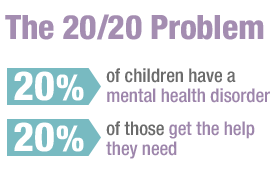
- Prepare U: Grades 8-12 plus an online Home Edition prepares young people for the challenges of life through a 15-class, multi-faceted experiential course.
- Back to School Toolkit: Information and resources for students, parents, teachers and school communities from Mental Health America.
- be nice. MHSAA coaches and sports teams
- Know Resolve: Grades 7-12
- UofM Depression Center Peer-to-Peer Program: Grades 7-12
educates students about depressive illnesses, and encourages help-seeking behavior which increases early detection of mental disorders. - AFSP’s More Than Sad: Grades 7-12 plus parents, teachers and staff
- NAMI’s Ending the Silence: Grades 7-12 plus parents, teachers, staff and families
Training
Be a Mental Health Hero!
Know the Signs and How to Help
- Mental Health First Aid: For adults and youth (8 hour class)
- QPR: Question, Persuade, Refer (2 hrs online or in person)
- Living Works: Their 4 programs are Start (2 hrs online), SafeTALK (4 hour workshop), ASIST (2-day workshop) and suicide2Hope (8 hour workshop for professionals)
- LEAP: Listen-Empathize-Agree-Partner (1 day course) creating alliances with those who struggle with serious mental illness
Barb Smith Suicide Resource & Response Network provides SafeTALK and ASIST Training
Speakers
Topics include Anxiety, Stress, Lived Experience, Creating a culture of good mental health at home, at work and at school, and Warning signs of suicide.
- Matt Swartz, therapist and fulfillment coach with PCS Counseling
- Karla Truxall, Founder of SPN Survivors
- Dennis Liegghio, Founder of Know Resolve
- Eric Hipple
- Jeff Edwards
- Barb Smith, Founder of Suicide Resource & Response Network
Finding Calm
Activities to calm the mind and body
- Butterfly Hug (bilateral tapping)
- Breathing exercises
- Using your senses to self sooth (touch, sound, smell, sight, taste)
- Moving your body (yoga, exercise, going for a walk)
- Mindfulness
- Gratitude and Acts of Kindness
- Meditation
- Coloring, word search, puzzles, journaling

